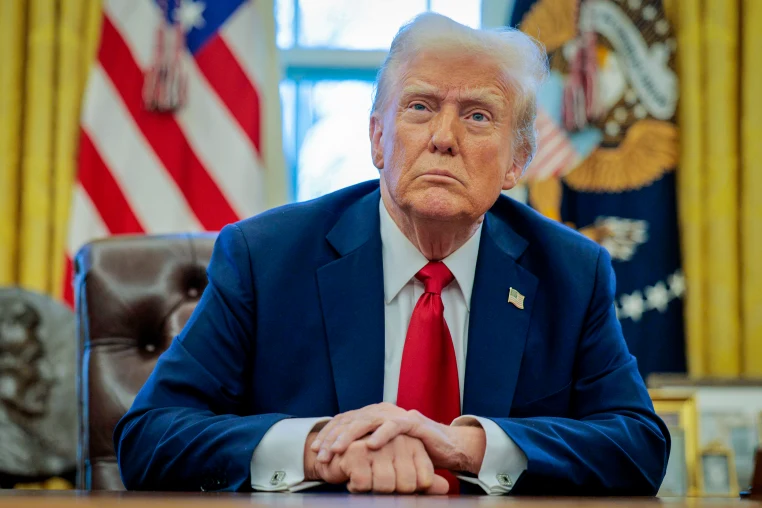The Trump administration is weighing a sweeping expansion of its travel ban, potentially restricting entry to citizens from 36 additional countries — including 25 in Africa — according to a State Department memo obtained by The Washington Post.
Why it matters
If enacted, the move would mark one of the most aggressive immigration crackdowns in Trump’s second term, drawing parallels to the original “Muslim ban” from his first term and triggering renewed backlash from critics who see it as discriminatory and xenophobic.
Details:
- The memo, signed by Secretary of State Marco Rubio, gives governments of the listed countries 60 days to comply with new U.S. screening and security benchmarks.
- Nations are expected to submit initial action plans by Wednesday, 18th June at 8 a.m. to avoid penalties.
- The potential restrictions would affect key U.S. partners like Egypt, Ghana, Djibouti, and Nigeria, among others.
The countries listed
- Africa: Angola, Benin, Burkina Faso, Cabo Verde, Cameroon, Côte d’Ivoire, Democratic Republic of Congo, Djibouti, Egypt, Ethiopia, Gabon, Gambia, Ghana, Liberia, Malawi, Mauritania, Niger, Nigeria, Sao Tome and Principe, Senegal, South Sudan, Tanzania, Uganda, Zambia, Zimbabwe.
- Others: Antigua and Barbuda, Bhutan, Cambodia, Dominica, Kyrgyzstan, Saint Kitts and Nevis, Saint Lucia, Syria, Tonga, Tuvalu, Vanuatu.
Driving the policy:
- The administration cites several factors for the proposed restrictions, including:
- Failure to produce reliable identity or civil documents.
- High visa overstay rates.
- Government corruption and fraud.
- Citizenship-by-investment schemes with minimal residency requirements.
- Alleged “antisemitic and anti-American activity.”
Catch up quick
This expansion follows a June 4 presidential proclamation banning travel from 13 countries, including Afghanistan, Myanmar, Iran, Libya, Somalia, and Yemen.
Flashback
Trump’s initial 2017 travel ban on several Muslim-majority countries sparked global protests and legal battles, before the Supreme Court upheld a revised version in 2018. President Biden rescinded the policy in 2021.
What’s next
It remains unclear when — or if — these expanded restrictions will take effect. The memo says countries may avoid sanctions by accepting deportees from the U.S. or entering “safe third country” agreements.










